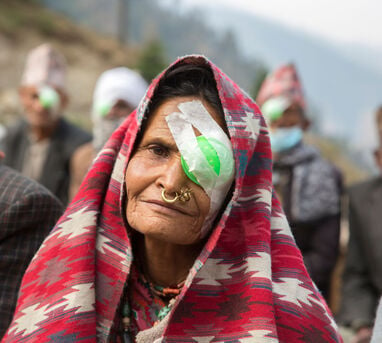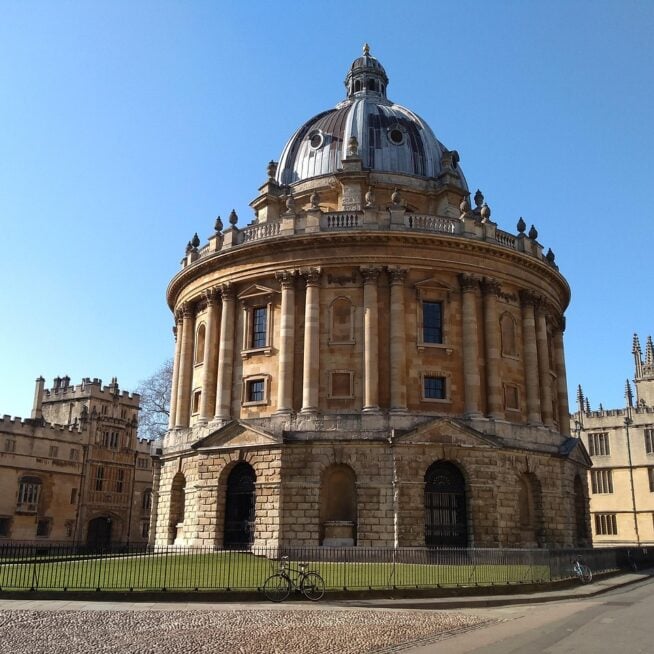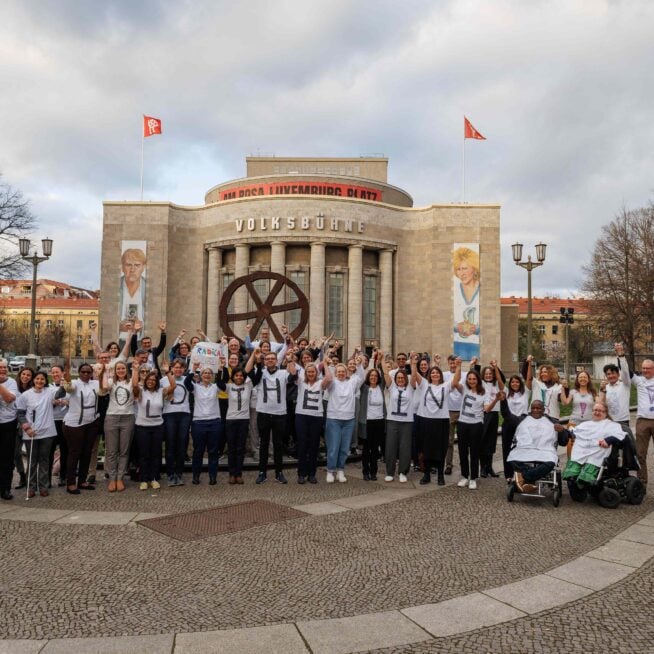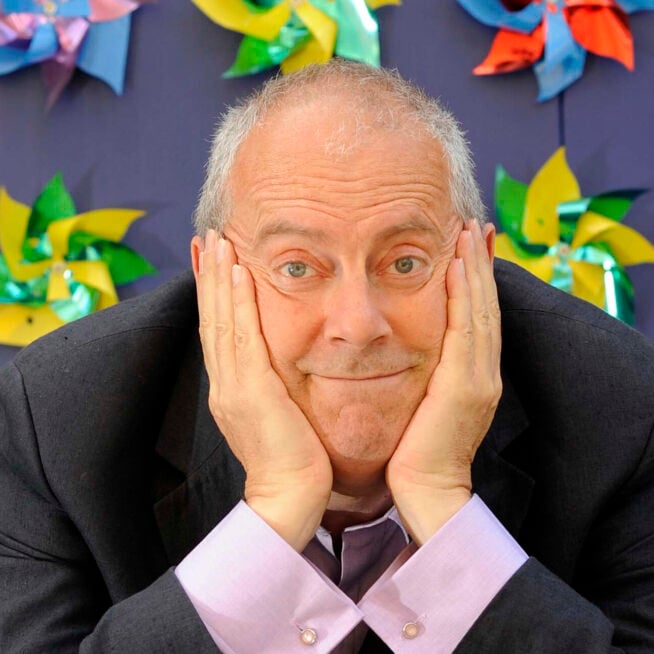We are excited to announce the launch of our new project: Financial Autonomy of persons with Disabilities through Agriculture (FAIDA) – a four-year initiative aimed at enhancing financial inclusion for people with disabilities in Chitwan District, Nepal.
CBM UK launches project to support financial inclusion in Nepal
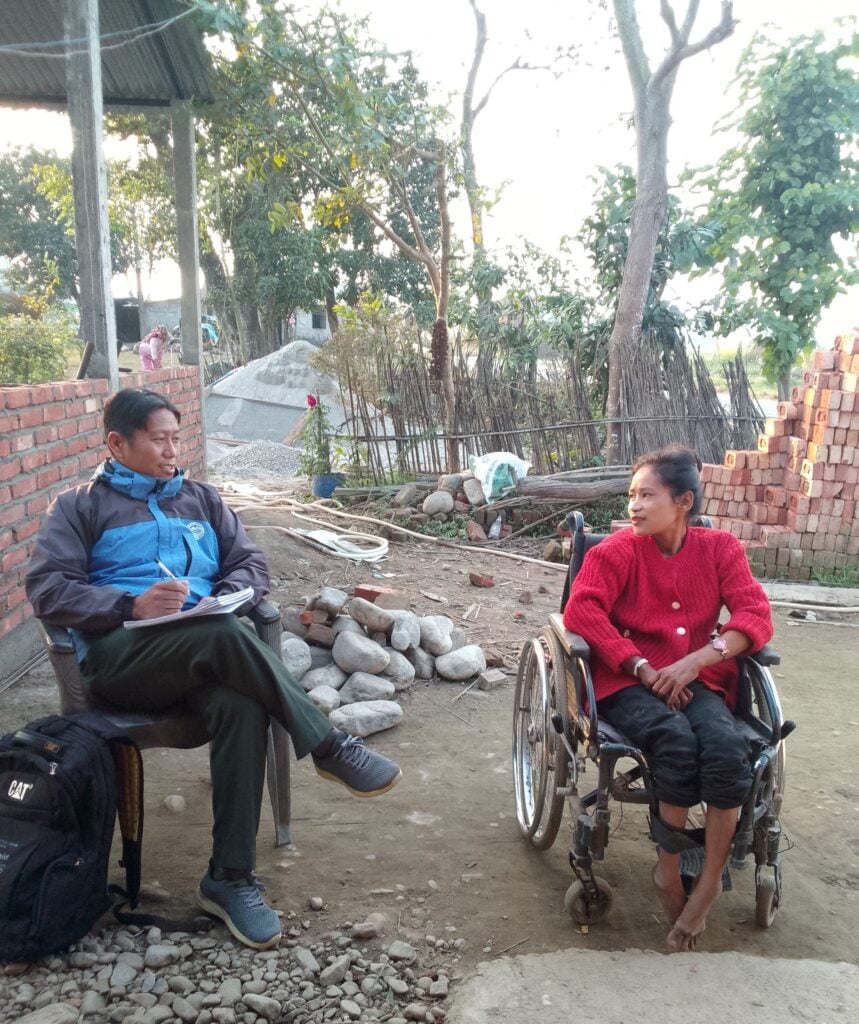
This project, made possible through funding from Jersey Overseas Aid, seeks to break down barriers in accessing financial services, enabling people with disabilities to build sustainable livelihoods and strengthen their resilience to climate-related challenges.
In Nepal, people with disabilities often face systemic exclusion from financial services, limiting their opportunities for economic independence. FAIDA aims to change this by working with local organisations such as cooperatives, self-help groups and formal financial institutions to make their services accessible. This project will also strengthen local Organisations of Persons with Disabilities (OPDs) to be more effective in representing and advocating for the rights of people with disabilities.
Over the course of four years this project will:
- Support 15,000 people with disabilities and 83,000 people in their communities to increase their financial literacy.
- Train 980 farmers in climate-smart agriculture to promote sustainable farming practices.
FAIDA is being implemented in partnership with Support Activities for Poor Producers of Nepal (SAPPROS), a local NGO supporting smallholder farmers and marginalised communities, and Nepal Disabled Women Association (NDWA). In addition, Kheti Farm, a digital agri-fintech solutions provider, is serving as a technical partner.
This project will run for four years, with the aim of creating lasting economic opportunities for people with disabilities in Nepal.
We met with two people who are playing their part in the project:
Binita
Binita works as a Community Facilitator for the FAIDA project. Binita visit’s people with disabilities in her area and supports them to organise self-help groups, where members can discuss shared issues and support each other.
Binita enjoys supporting people to participate in the project but finds it difficult that people are often unaware of the challenges faced by people with disabilities.
Binita is optimistic that her work will make a difference in the community, by empowering people with disabilities to advocate for their rights. She also believes that people will be able to improve their financial situation and quality of life through the livelihood support that the project provides.
Ram Maya
“After joining the self-help group, for the first time in my life, I have a forum to share, learn, and inspire me – and to change perceptions in my community towards people with disabilities.”
Ram Maya (35) is a member of a newly formed self-help group in Rapti Municipality. She was born with a physical disability and is a wheelchair user.
She told us that before the FAIDA project: “we were unaware of the support activities available to us. Previously, only those with better access benefitted from opportunities, as no information was provided to us about our rights and entitlements.”
Ram Maya told us how people in her community would often overlook and discourage people with disabilities. She believes this is because of a lack of awareness, as many assume that people with disabilities are incapable of being independent or contributing to their community.
However, Ram Maya doesn’t want her disability to prevent her from being active in her community. She has now joined the newly formed self-help group and has already noticed an improvement in her life, and is grateful that she can discuss common challenges and opportunities with others.
Find out more about CBM’s economic empowerment work
Header: Ram Maya speaks to a project worker
